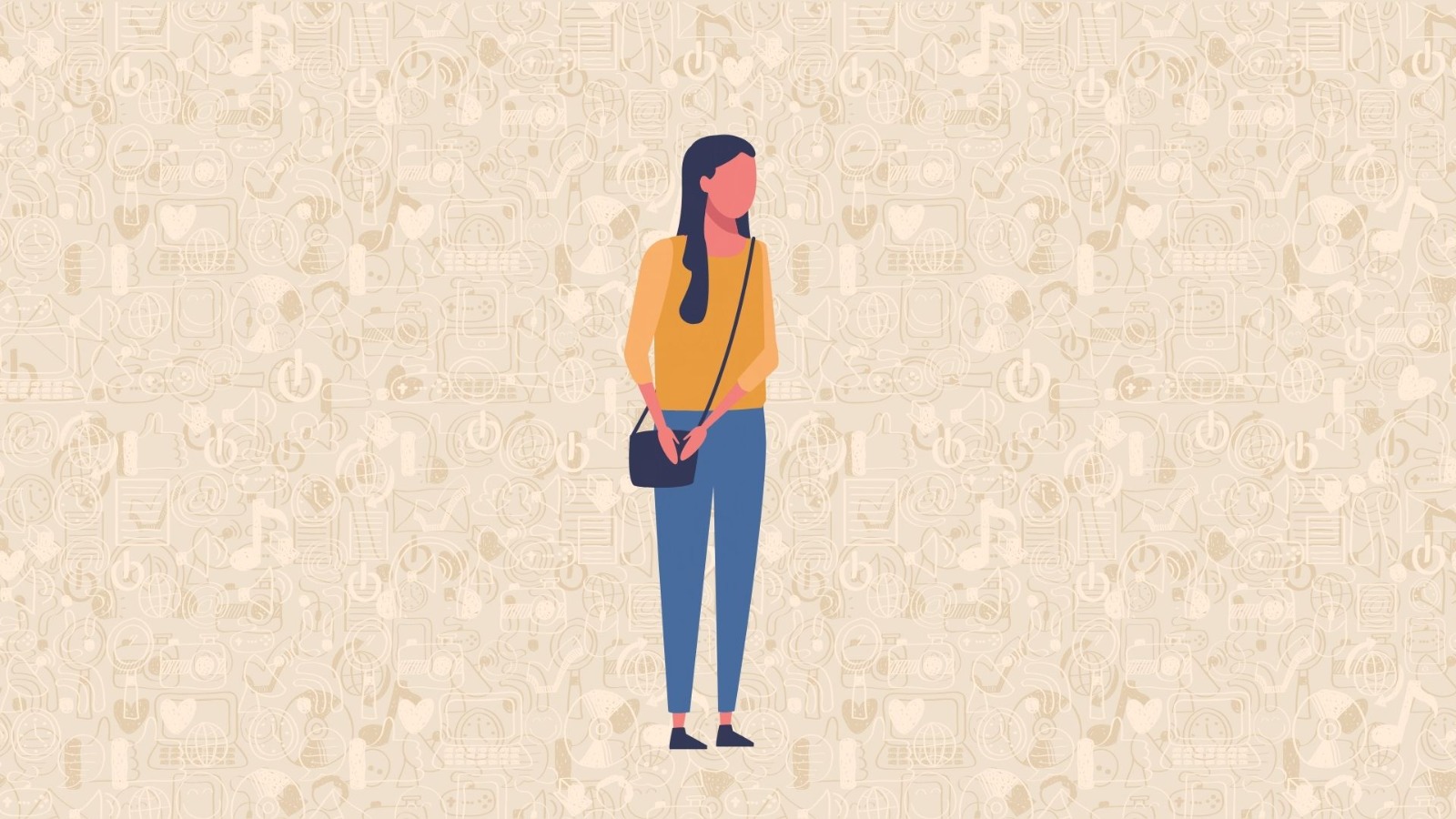By Xuan //
“Lockdown”, “circuit breaker”, “quarantine”—different terms with the same meaning that summed up 2020. To escape the restrictions placed on traditional face-to-face interaction, many of us turned to social media. It also became more of a platform to unleash one’s creativity, as evinced by the surge in ‘Tiktokers’, Youtubers, and Instagrammers. Nonetheless, its double-edged nature is undeniable, and has exemplified itself during this period.
Like many millennials, I am not exempt to the lure of social media. For me, it allowed me to live vicariously through the lives of my favourite influencers who frequently share their daily lives and meals through countless “What I Eat in a Day” or “A Day in my Life” videos. Subconsciously, I could not help but compare my diet and workouts with theirs. I constantly struggled with having to eat as ‘clean’ as them and working out almost every day. At the same time, I admired how some others could stay so lean with desserts and satisfying portions for every meal every day.
Personally, having been considerably active, the sudden restriction from my usual exercise routine left me flustered. I was afraid that stopping my usual exercise would have adverse effects on how I looked. Moreover, most of my friends (or virtual ‘friends/acquaintances’) have encouraged me to join their workout challenges. Under peer pressure and with a myriad of workout videos available, one had little excuse to not jump onto this bandwagon.
While eating healthily and having appropriate amounts of exercise contribute to a good mental and physical health, I realised how dangerous it is when one succumbs to a distorted definition of ‘healthy’ epitomised by food restrictions and excessive exercise.
Months of mindlessly following someone else’s workout and diet with the goal of looking like them had certainly taken a toll in my mental health.
It took me a while to realise that seeking to live like another essentially deprived me of living my own life fully. Having tried and failed, I finally got tired of it. Why do I bother doing this? Why can’t I just accept that everyone is of a different body shape with a different metabolism rate, and everyone simply have different food preferences? What I eat or do should not be dependent on the amount of calories some random person on the Internet does. Social media is meant to be a source of entertainment and avenue for inspiration. Why would I want to turn it into an additional source of restriction, as if the existing pandemic physical restrictions are insufficient?
Thankfully, I am not alone on this journey to develop a healthier relationship with food and exercise. There are budding influencers who are especially open about their personal struggles and the adverse effects of an obsession with a restricted diet and excessive workouts. Through them, I have learned to appreciate food as fuel or nourishment, and exercise as an outlet to relieve stress and connect with myself rather than as a source of punishment. Most importantly, I no longer need to satisfy my hunger cravings through watching what others enjoy, but instead enjoy them myself.
Having learned the lesson the hard way, I would encourage everyone to take social media with a pinch of salt.
What is presented online is often carefully curated and only show the best versions of the influencers. Before blaming ourselves for skipping a workout or satisfying our ‘less healthy’ cravings, let us also remember that influencers are also human. There are days where they skip a workout and enjoy their cravings. Since we are all humans trying to live a healthier and happier live, we could remove them from being a point of reference and instead focus on improving ourselves, by our own standards.
Moreover, healthy eating does not entail eating just ‘clean’ food or hours of exercises. From the plethora of health advice and diets propagated online, some works for others but not work for you. We do not, and should not feel guilty for having pasta instead zucchini noodles, or rice instead of cauliflower rice. A healthy lifestyle is itself about striking a balance. Treats and rest days do not undo one’s progress overnight—they could even improve our physical and mental health.
There is nothing wrong with wanting to live a healthy lifestyle. Nevertheless, the underlying motivation should be to become a better version of yourself, for yourself. Let us focus on our personal goals and do whatever that makes us feel the most happy and healthy.
Xuan is an undergraduate from a local university. She was diagnosed with an eating disorder in Secondary Four and has been in recovery ever since. Recovery is one of the toughest but best decisions she has ever made. She believes that recovery is an ongoing journey and hopes her story can empower girls to realise their self-worth and not let themselves be defined by others. Her piece on recovering from eating disorders can be found here.
Photo from Xin Yi

